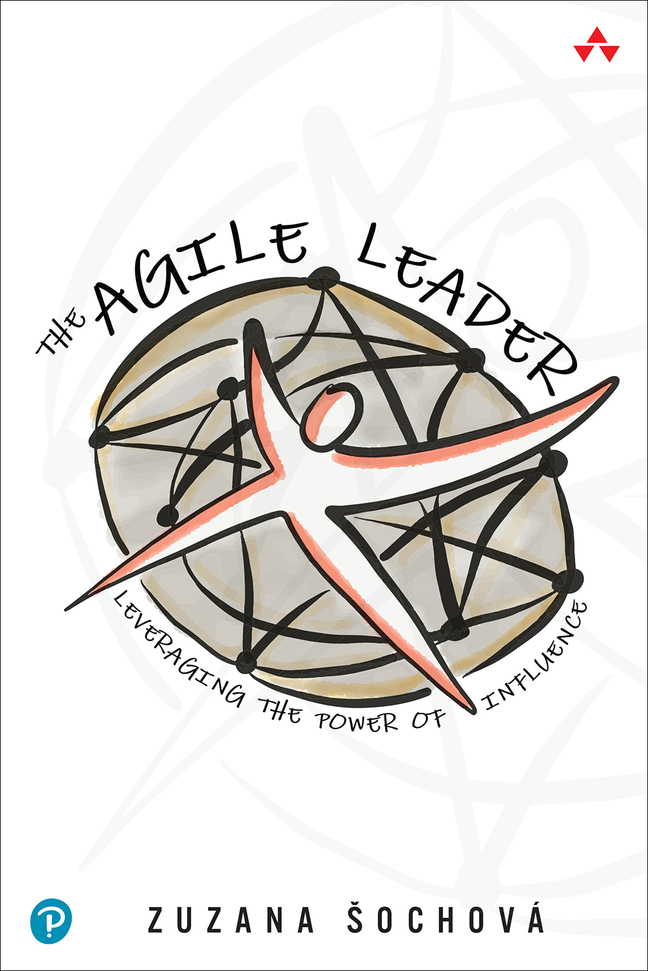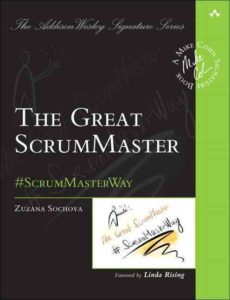It’s important to realize that the employee experience starts already before the day one during the recruiting process. In agile organizations where hard skills and past experience are not that important we often focus on cultural mix, mindset and ability to learn instead. We used to have a hard programming test for our candidates. It was so hard than our regular employee would not pass it. And it didn’t tell us much as what we really need, were people who can collaborate, learn new things fast, and were flexible. So instead, we started to ask them about what are they passionate about, what they did, what they like to do. We changed the whole process to allow people find their roles, not hire for fixed roles. You can imagine how hard it was for recruiting agencies. Give us the position description, how many years of experience they need, master degree, what technologies they asked us. But we didn’t really care. We were looking for flexibility, and people willing to grow and co-create their roles.
Another important aspect is diversity. For team dynamic is good to have a mix of different profiles. For some roles we did MBTI, and TKI during their onboarding to help team understand people’s typical behavior during decision making, and conflicts. And you can be more creative than that. Very agile organizations are often inviting candidates to join them for a day so they can experience how it is to be part of the organization, and also hear from the team perspective, what is the candidate like. Recruiting is like dating. Some other agile organizations are even doing team hiring event, where they invite all candidates for the role – for example ScrumMaster or Product Owner to spend a day together and simulate the typical day. It’s transparent for both sides, and very revealing about the way how they react in different situations. In general contact before the day one is always encouraged.
Onboarding then can start by pair working, where the new person is not only introduced to the processes and products but also to the people and teams. We always have focused on the values and culture during the onboarding. Some organizations are creating a handbook for new employees to share with them who they are, but I believe becoming part of a team and a larger ecosystem and getting a mentor who can help people start is always worth of. It helps new people to create relationships and become integral part of the system. Time invested into people development always pays back.

 Learn more about transforming organizations, leadership, and culture with Agile & Enterprise Coaching. Check our Scrum and Agile training sessions on Sochova.com. Grab a copy of The Great ScrumMaster: #ScrumMasterWay book and The Agile Leader: Leveraging the Power of Influence book.
Learn more about transforming organizations, leadership, and culture with Agile & Enterprise Coaching. Check our Scrum and Agile training sessions on Sochova.com. Grab a copy of The Great ScrumMaster: #ScrumMasterWay book and The Agile Leader: Leveraging the Power of Influence book.
Disclaimer: All I write on this blog is purely personal and has no relation with any position I have, used to have or will have in the future.
